Disclosure: This article may contain affiliate links. If you decide to make a purchase, I may make a small commission at no extra cost to you.
I’ve been reading and participating in various health forums on the internet since around 2003. It’s surprising how people can be so set in their beliefs about diet – it’s almost like a religion. If new evidence is presented that contradicts what they are doing, it’s quickly dismissed.
Maybe there’s an emotional element and people get attached to their diets and their way. I understand that not everyone is able to interpret scientific papers and understand them, but educating yourself and keeping an open mind is very important – especially if you’re into extending your life. On the other hand, you have people who are constantly changing their diet every few weeks or months and don’t know which way to turn. Indeed, diet and supplements can be confusing, but perhaps we overcomplicate things too much sometimes.
I’ve had times in my life when I used to eat so bad! Days where my diet would consist of nothing but cereal, biscuits, chocolate, sweets, fizzy drinks, yet I felt pretty good! So we have to be careful with how we feel in the short term and use a little common sense, rationality, and look at the science, as well as objective measurements of our health to judge whether or not a certain way of eating is good for us.
If you’ve been reading this blog for a while, you’ll know that I’ve mostly been consistent with my diet over long periods of time. I’ve only made a few big changes, the rest were minor tweaks. Over 10 years a lot can change as we get new information and this can and should help guide us to make better choices.
Changes I’ve made
I became a vegetarian: I quit eating meat on my birthday on the 21st of October 2007. It was a very easy thing to do as I was never a big meat eater anyway. Unbeknownst to my parents, I would often give the meat to my dog. Since becoming vegetarian, my compassion for animals had grown to a point where I feel it’s no longer acceptable to eat animals because of ethical reasons. So I’ll never go back to eating meat ever again.
To replace the protein from meat I chose whey protein as a replacement. Unfortunately, back then we didn’t know that consuming whey protein could prevent the decrease in IGF-1 hormone which has been linked with longevity in animals and humans. It’s also thought to now be an important part of why calorie restriction works to slow down aging.
I lowered my protein intake: As more evidence was coming in showing low IGF-1 is an important factor in longevity, and possibly part of the reason why calorie restriction extends lifespan, I decided to lower my protein intake by removing whey protein from my diet.
I had held back on making this change for quite some time after a study was published in 2008 showing that we had to lower calorie intake as well as protein intake to achieve the desired decrease in IGF-1. I guess I was still questioning just how important this hormone was in the CR-effect.
By 2010 I was convinced that there was sufficient evidence to make the change. This was 5 years after I began CRON. I don’t regret consuming the whey protein for much of that time as I had been using it to help heal from bilateral Achilles tendonitis, which was caused by an antibiotic I took in 2007. The problem persisted for two years and then went away.
Prior to 2010, the macronutrient ratio of my diet was 40% carbs, 30% fat, 30% protein. In 2010 I changed it to 55% carbs, 30% fat, 15% protein. This still wasn’t at the 10% level that was recommended, but a significant decrease from before.
I went Vegan: After coming back from California in 2012 I had decided to become a vegan. I didn’t anticipate any real changes in my health from doing this, but I thought it was the right thing to do. From a health perspective, I wasn’t convinced that being a vegan was better for you than being a vegetarian.
In fact, I believed that most vegans were not paying close attention to their diets and were likely to be missing out on important nutrients. Having spoken with vegans in the past, it became obvious that not all understand the risks and deficiencies associated with such a diet. I remember having a debate with a girl who told me she didn’t need any B12 from her diet. She had been vegan for 6 months and felt fine, she told me.
The problem was that she didn’t understand the body stores significant amounts of B12 and it can take years for any B12 deficiency symptoms to show up.
I always thought vegetarianism is the safer option for children and adults, simply because of the lack of education on nutrition to be able to safely eat this way.
After I became vegan, I didn’t experience any real big change in how I felt other than one small difference: I could breathe more easily than before. I imagine that the dairy I was eating was causing some minor nasal symptoms.
Supplements
The other big change that I made in 2012 was changing my supplement regimen. I’ve taken a lot of supplements in the past! I would read through forums to find the best ‘anti-aging’ stack, as I used to believe it would enhance the effect of calorie restriction. I’ve never thought supplements could actually replace calorie restriction as an anti-aging strategy, though.
Over the years we’ve seen reports that taking supplements could actually do more harm than good. None of us really wanted to believe this, but sometimes we have to face the facts in front of us. Supplements have repeatedly failed to protect against cancer in multiple clinical trials in humans. Studies have shown that supplements may even increase mortality.
In 2013 a study was published that questioned the use of dietary supplements in life extension. Stephen Spindler conducted a study on F1 Hybrid Mice by giving them a mix of supplements which were thought as the best candidates to mimic the effect of CR. These supplements failed to have any effect on longevity.
In 2013, another study was published showing that not only did supplements fail to extend lifespan, in some cases, they actually decreased lifespan! And some of the supplements used are very popular brands and used among many in the life extension community.
Now I only take supplements to correct any deficiencies in my vegan diet like vitamin D3, zinc, omega 3.
Be Open to Change
Nutritional science is always changing our ideas about what to eat or how much to eat. We all strive to find the best diet that works for us. It can take a while before you find your feet and figure out what works best, so we have to stay open-minded and change when necessary. Remember it’s not just about how you feel at the moment, but it’s how you will feel 10 years from now.
You might feel ‘energized’ by eating 30 bananas in a day, but what is that going to do over several years? Be careful with what you read and question things more. Do your own research!
Becoming vegan was definitely one of the best changes for me, I’m glad I made the change. I feel it is the right choice from an ethical perspective as well as for my health and longevity. And being vegan is super easy!
Article reviewed and updated: February 2019
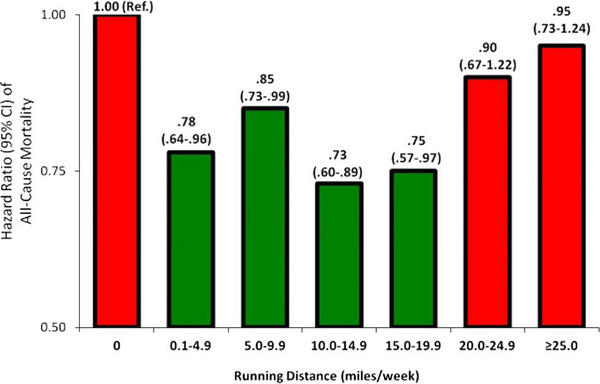
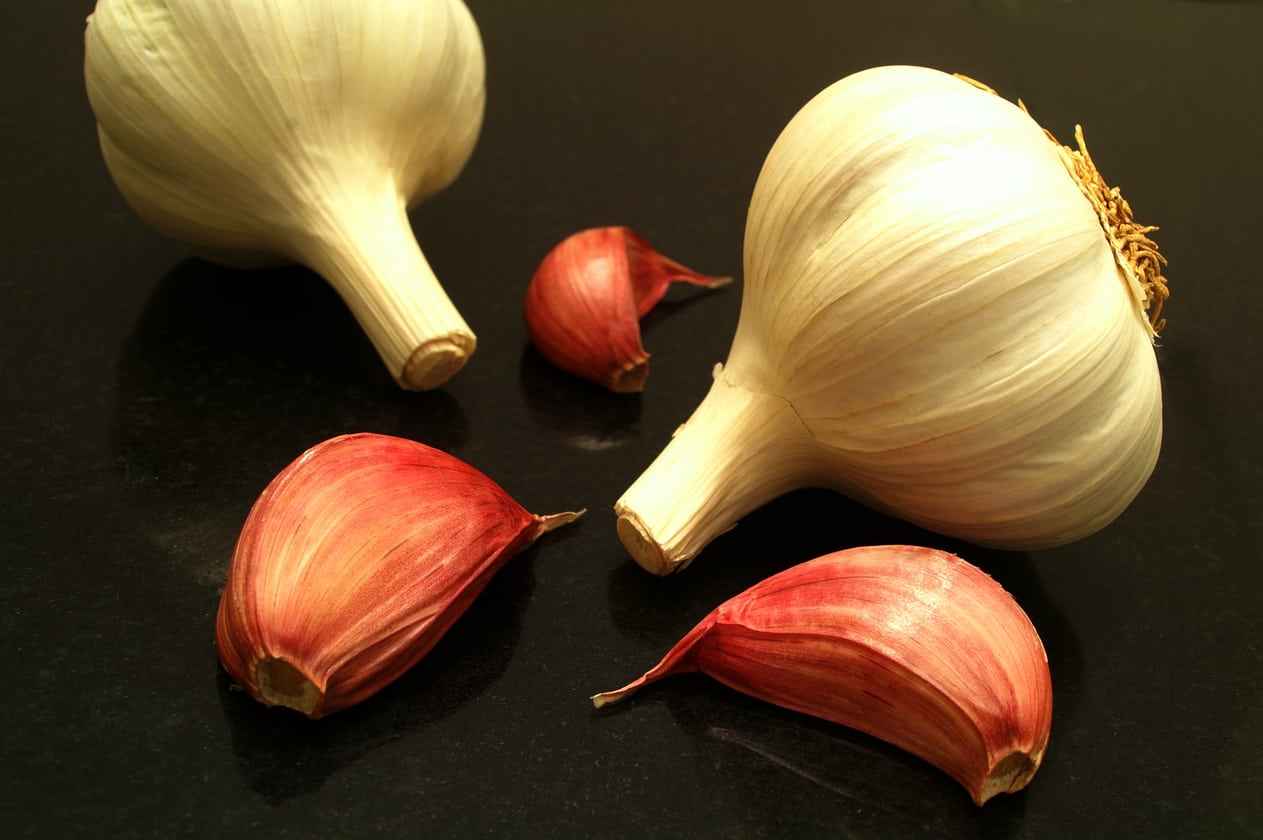
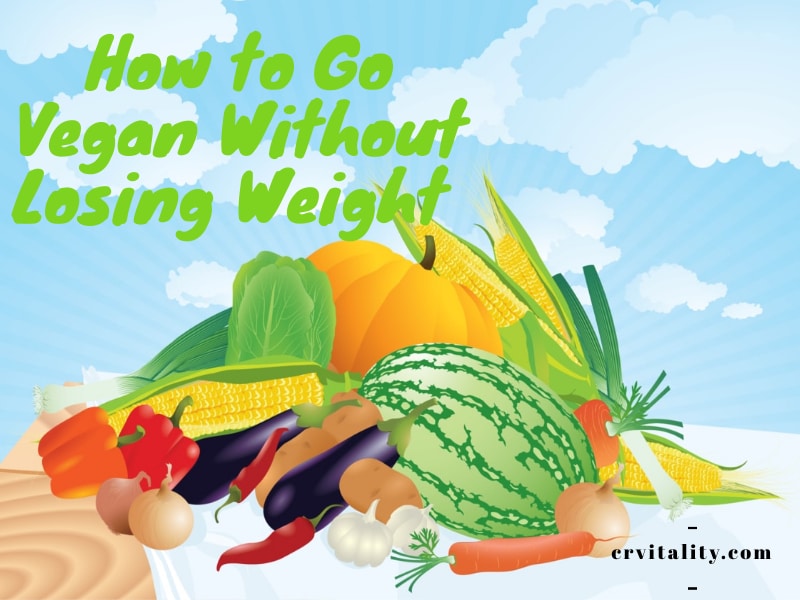

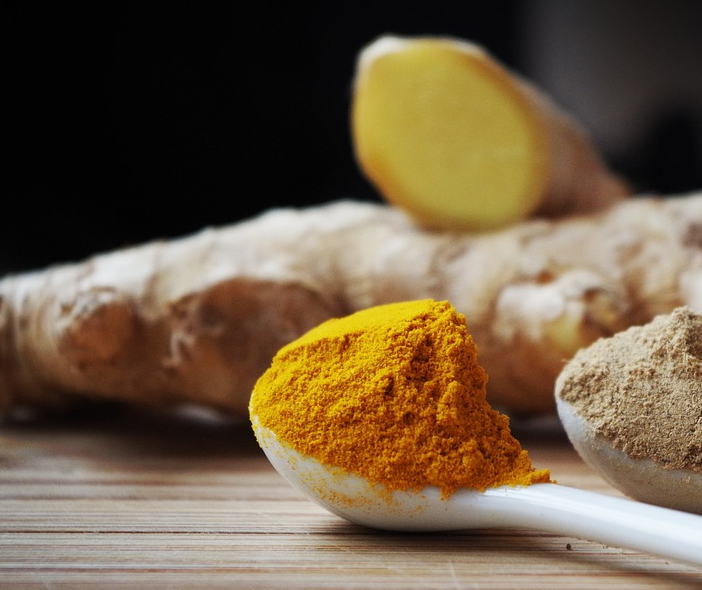
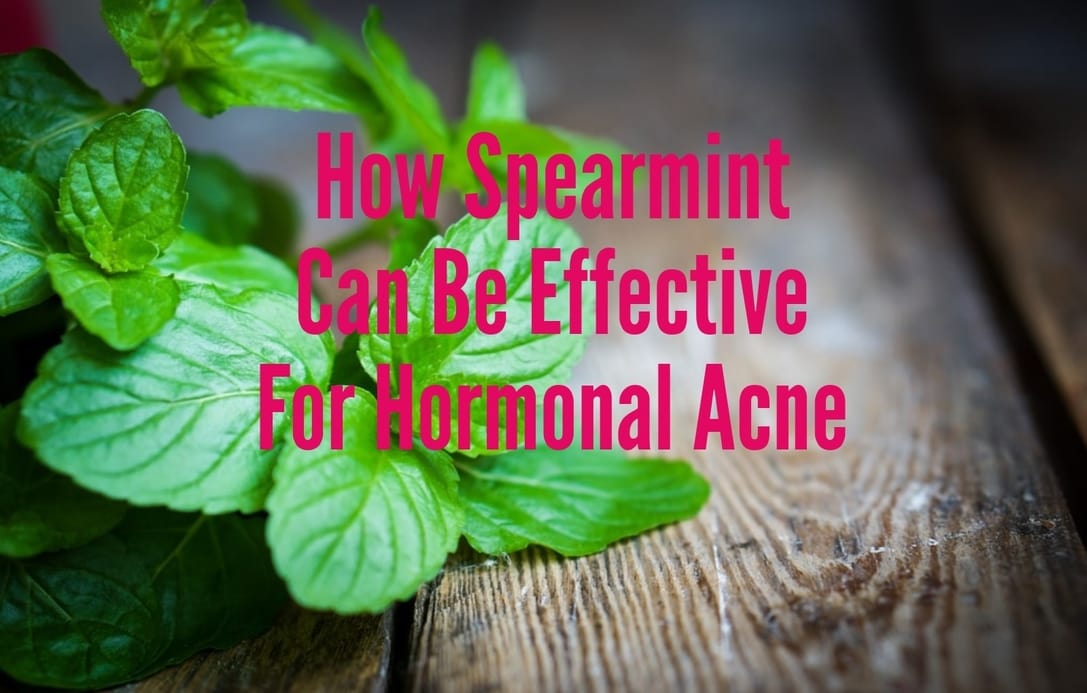
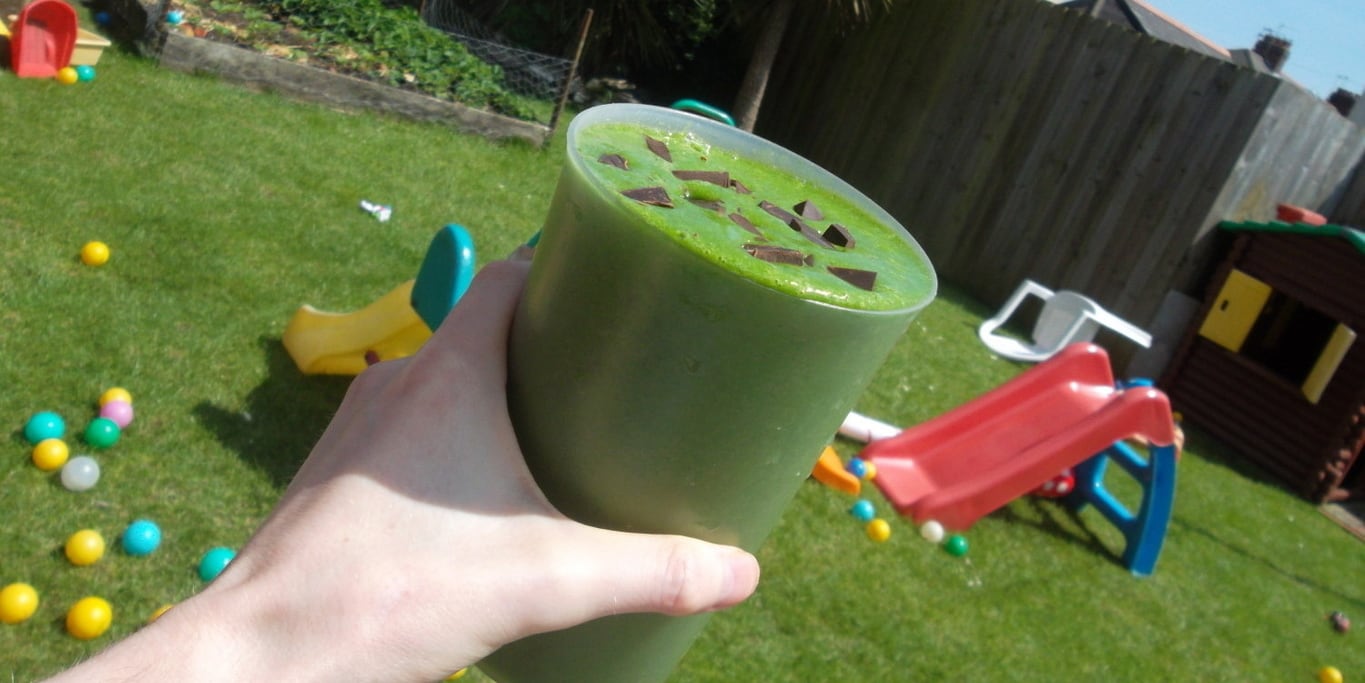


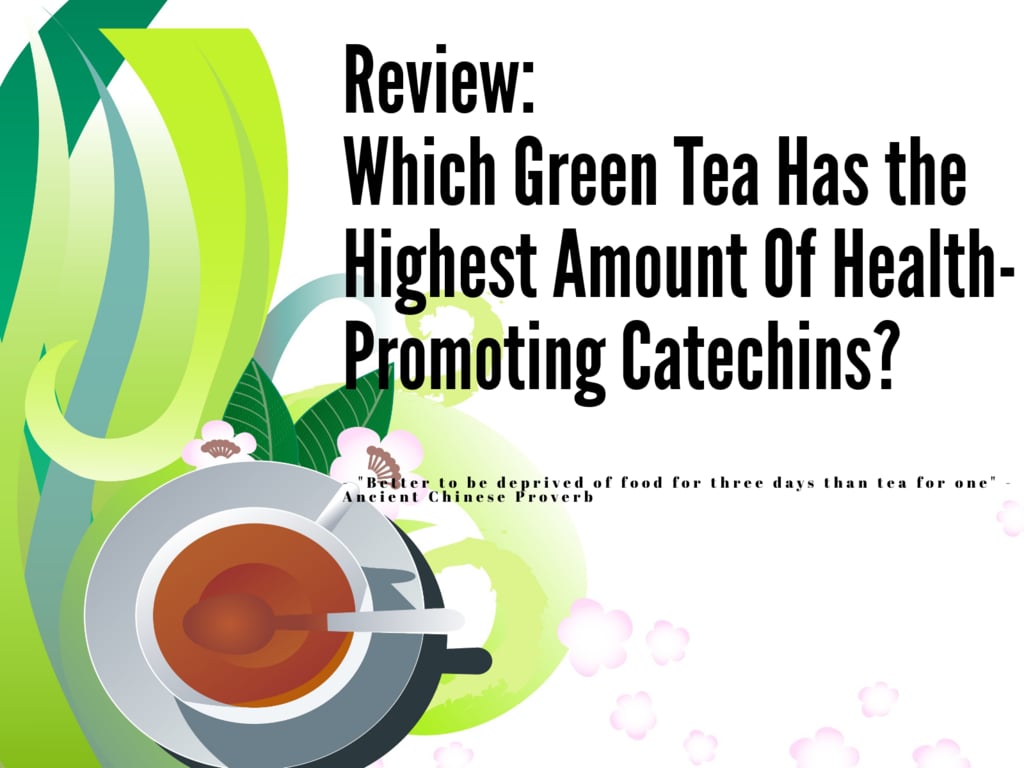
really cool blog:)
what is your opinion on UNDENATURED whey protein (grass fed) ?
is hemp progtein or pea protein powder better?
what about raw organic cacao powder? I read there is a lot of cadmium and phytic acid in cacao powder.
and can I mix my whey protein with cacao powder witout inactivating the antioxidants in the cacao?
thank you:)
Thanks coco! Depends on what you want to use it for. 😉 If you’re into bodybuilding then yes, it’s great! I used to find recovery after training to be better when I used to drink whey protein after training. If you want to extend your life though, probably not the best route to go, at least in my opinion. I think IGF-1 is important in ageing; increased IGF-1 is not going to do you any favours in this regard. Context matters a lot also, though. We think that low IGF-1 partially explains the longevity enhancing effect of calorie restriction and might be important for those on a raw food diet also. Low IGF-1 in the context of a normal western might not be so good! As the protective effects of moderate to higher IGF-1 is offset by the increased risk of secondary diseases of ageing like heart disease.
Both hemp and pea protein are inferior to whey… In the past I would’ve picked soy over these two, but whey would be my first choice. Now I tend to limit my protein intake to just the RDI until I can get a measurement on my IGF-1 levels. 🙂
No problem with mixing cacoa with whey either. It’s the protein called Casein which binds various polyphenols and flavonoids and inhibit their beneficial effects.
Chocolate is nice. 🙂 There’s some evidence that eating too much exerts a detrimental effect on dopamine producing neurons, thus increasing the risk of Parkinson’s, but not strong enough evidence in humans to exclude it from the diet imo.
Hello again
Thank you so much for your answers:)
Concernant the cacao I actually read that there should be quite a bit af cadmium in some even organic raw cacao? I take it every day as a supplement(superfood) around 100 grams. Is this too much?
I did also read about IGF-levels. the problem with hemp and pea protein is the lower BV?So I won’t actually absorb 100 % but only maybe around 70 %? with whey it’s 99 %. It’s after training.Not bodybuilding, just 1 hour of cardio or 1 hour of powerplate training.
have a lovely weekend:)
Kind regards from
Coco
p.s what about sprouted organic green lentils? are they great on a CR diet for a protein and enzyme boost?I guess they count as a vegetable when they are sprouted and raw and not as a legume? 😉
Heh, I haven’t actually tried sprouted green lentils. :p
I think includes legumes in the diet is very healthy though! I include lentils, peas and beans in my diet.
Enzymes that I’ve found useful in the past were Papain and Bromelain. Not down with the whole enzyme theory of health boosting effects of a plant-based diet… but those two have good evidence for health promoting effects in vivo.
Hi Matthew,
I am also on a CRON diet – I was on it during my early years because of poverty and now I am restricting calories because of habit and choice.
Vegetables do contain a high amount of vitamins per calorie, but are you sure excluding animal products is a wise thing? Liposoluble vitamins and proteins as well as many other nutrients we may not know about are found in animal products – like vitamin B12 for example. Fish, seafood and offal are great sources of nutrients for a fraction of the calories and it’s a pity to skip them (especially for women at reproductive age – which is not your case, but maybe other female readers will skim over the comments too)
I think every vegetarian and vegan should probably take a B12 supplement. It seems we have a good idea about what are the essential nutrients to be healthy and thrive. But I do agree that it is better for women to be more cautious, especially if they are looking to conceive at some point. In which case, consuming fish might be good (for the omega 3 fatty acids) and also eggs and dairy.
Sorry for the late response! Had many things going on and slipped my mind to reply back this message.
Have a good day! :))
Thanks a lot for sharing! Learned a lot.
I’m also currently taking Allicin (1500mg per day) to fight a bacterial infection in my small intestine. I’ve been taking it for two months now and I was planning to stop taking it now that I’m feeling much MUCH better.
Why do you take Allicin? Do you have any kind of infection? Do you take it to be safe from bad bacteria? How much do you take per day?
I’m worried about the long term effects of taking allicin for a prolonged time.
Thanks
Hey! I’ve been taking allicin since 2009 and for only brief periods (weeks) have I stopped taking it. I did reduce my dose down from 10 capsules a day to 1-2 capsules a day after a few months. I still take it because I think it helps prevent me from getting colds and also I haven’t experienced another urinary tract infection since. It did take another 3 months of doxycycline and 10 capsules a day of allicin for those 3 months (I was also taking beta glucans too, as I mentioned in my recent post). I get 90 capsules for £15 in the UK, so it’s quite cheap.
I haven’t noticed any negative effects from taking the allicin. I have been taking it for years… If you’re worried, just keep an eye on your liver enzymes. There really shouldn’t be an issue, though. I think there were tests peformed on stabalized allicin and it was safe up to 600+ capsules.
I can’t say 100% it was the allicin that cured me, but nothing worked before that. Amoxicillin failed, trimethoprim failed (after repeated use); and then doxy at 100 was working and then stopped working. Upped to 200 mg a day and it worked for a while, and then stopped working as well.. I added allicin + 200 mg doxycycline for 3 months and finally cleared the infection. It went on for a long time…
The reason I got the infection was because when I was younger the doctors never listened to me when I said I had an infection. Once it had established itself, it become a chronic problem which never went away easily… or did go away, but came back months later. I’ve been fine now for a few years…. So I’ll keep taking it! lol
Glad you’re feeling better. I recommend you add some Beta glucan. It helps boost the immune system to clear up infections faster. AHCC is better, but really expensive.
Thanks a lot for all the information!
Yes, I feel after two years of struggle Allicin is the first thing that is really working. I will keep taking it like you but lowering the dose. My liver enzymes are all stable expect albumin, albumin is above the normal levels, probably because of my high protein diet.
I will add Beta glucan, thank you again
My Albumin level tends to run at the top of the normal reference range. This is normal for a person on CR, from what I understand. It’s more concerning if you see your Albumin and cholesterol drop together.
No problem! 🙂